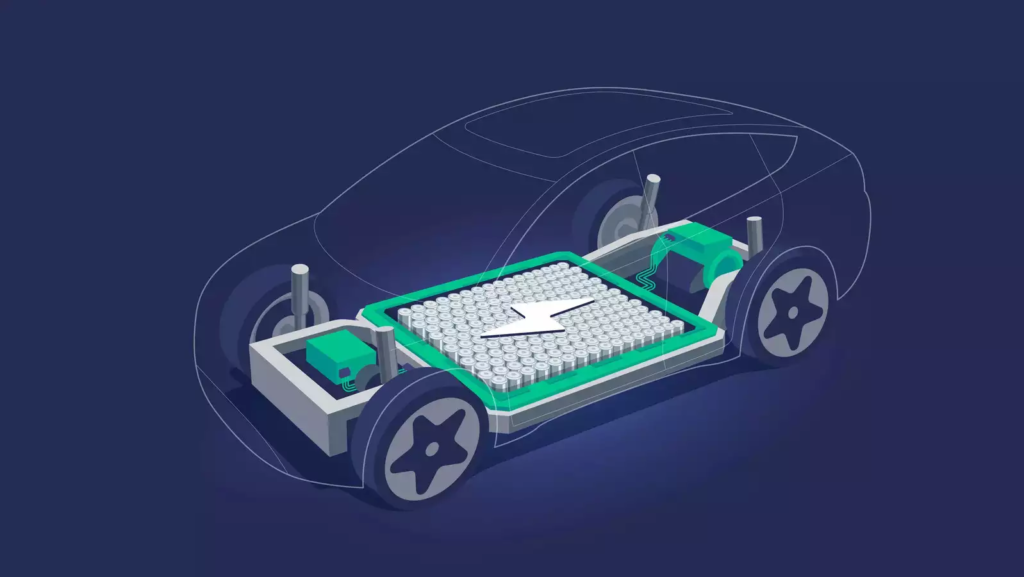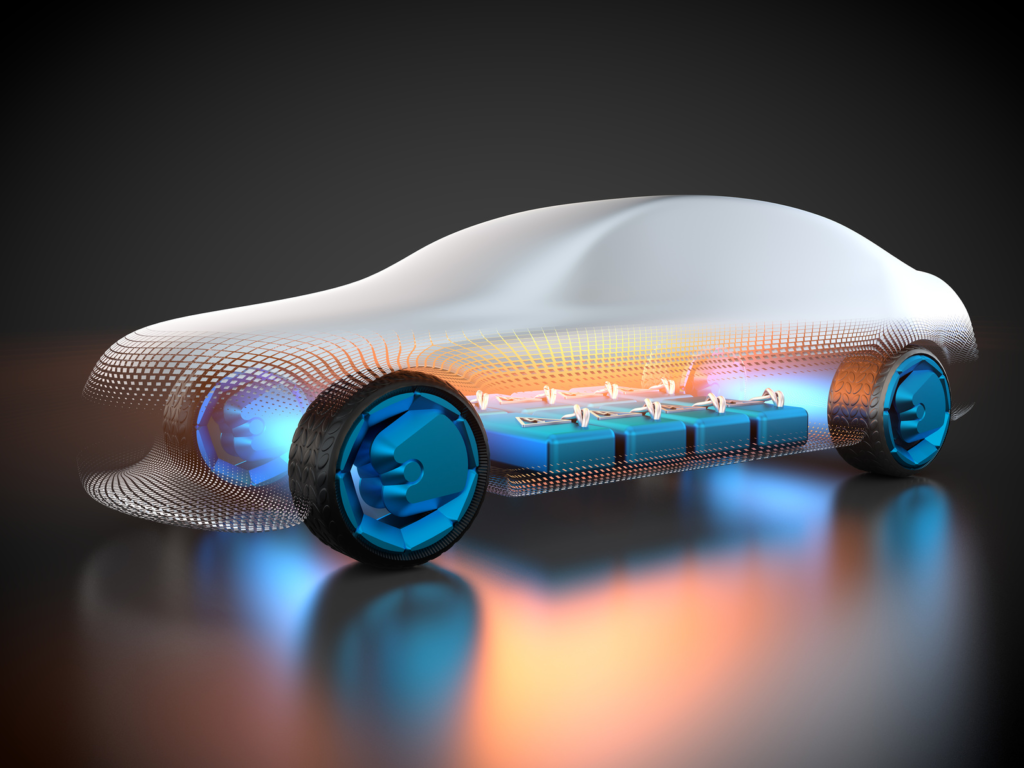
Car battery technology has undergone significant advancements in recent years, driven by the need for greater efficiency, longer lifespan, and reduced environmental impact. These innovations have revolutionized the automotive industry, paving the way for electric vehicles (EVs) and enhancing the performance of traditional internal combustion engine (ICE) vehicles. Here’s an exploration of the latest advancements in car battery technology:

1. Lithium-Ion Batteries:
Lithium-ion (Li-ion) batteries have become the standard in electric vehicles due to their high energy density, lightweight construction, and ability to store large amounts of energy efficiently. Advances in electrode materials, such as lithium nickel manganese cobalt oxide (NMC) and lithium iron phosphate (LFP), have improved battery performance, safety, and longevity. Li-ion batteries enable longer driving ranges and faster charging times, making them ideal for EVs aiming to compete with conventional gasoline-powered vehicles.
2. Solid-State Batteries:
Solid-state batteries represent the next frontier in car battery technology, offering higher energy density, improved safety, and enhanced longevity compared to traditional Li-ion batteries. These batteries replace the liquid electrolyte with a solid electrolyte, eliminating the risk of leakage, thermal runaway, and fire hazards. Solid-state batteries promise faster charging speeds, extended driving ranges, and increased durability, making them a promising option for future EVs and hybrid vehicles.
3. Silicon Anode Batteries:
Silicon anode batteries incorporate silicon-based materials in place of graphite for the battery’s anode, offering higher energy storage capacity. Silicon can store up to ten times more lithium ions than graphite, significantly increasing battery energy density and improving vehicle range. Although challenges such as silicon expansion during charging cycles need to be addressed, silicon anode batteries show great potential for enhancing the performance of electric and hybrid vehicles.
4. Fast Charging Technologies:
Advancements in fast charging technologies have reduced charging times for electric vehicles, improving user convenience and enhancing the practicality of EV ownership. High-power charging stations equipped with rapid charging protocols, such as CHAdeMO and CCS (Combined Charging System), enable EVs to recharge to 80% capacity in as little as 30 minutes. Fast charging technologies promote long-distance travel and reduce downtime, addressing one of the key barriers to widespread EV adoption.
5. Battery Management Systems (BMS):

Battery management systems play a crucial role in optimizing the performance, efficiency, and lifespan of car batteries. Advanced BMS technologies monitor battery health, temperature, voltage, and state of charge in real-time, ensuring safe operation and preventing overcharging or overheating. Smart BMS algorithms improve energy efficiency by balancing cell voltages, predicting battery degradation, and optimizing charging profiles based on driving conditions and user habits.
6. Recycling and Sustainability Initiatives:
As electric vehicle production scales up, recycling and sustainability initiatives are gaining prominence to manage end-of-life batteries responsibly. Recycling technologies recover valuable materials, such as lithium, cobalt, and nickel, from spent batteries for reuse in new battery production. Circular economy principles aim to minimize environmental impact and reduce reliance on finite resources, ensuring a sustainable supply chain for car battery technologies.
7. Wireless Charging Systems:
Wireless charging systems for electric vehicles eliminate the need for physical plug-in connections, providing convenient and efficient charging solutions for home, workplace, and public charging infrastructure. Inductive charging pads transfer power wirelessly to the vehicle’s battery via electromagnetic induction, simplifying the charging process and enhancing user experience. Wireless charging technologies are poised to transform urban mobility and infrastructure planning, promoting cleaner and more accessible transportation solutions.
8. Thermal Management Innovations:
Effective thermal management is critical for maintaining battery performance and longevity, especially in extreme climates. Innovations in battery thermal management systems (BTMS) optimize heat dissipation, regulate operating temperatures, and enhance cooling efficiency to prevent overheating and extend battery lifespan. Liquid-cooled and air-cooled thermal management solutions ensure consistent battery performance and reliability under varying environmental conditions.
9. Integration with Vehicle-to-Grid (V2G) Systems:
Vehicle-to-Grid (V2G) systems enable bidirectional energy flow between electric vehicles and the power grid, allowing EV batteries to store and supply electricity during peak demand periods. V2G integration enhances grid stability, supports renewable energy integration, and offers economic benefits to EV owners through energy arbitrage. Advanced battery technologies with V2G capabilities contribute to grid resilience and promote a more sustainable energy ecosystem.
10. Future Trends and Developments:
Looking ahead, ongoing research and development in car battery technology focus on improving energy density, reducing costs, and enhancing sustainability. Innovations in materials science, manufacturing processes, and battery chemistry aim to overcome existing challenges and unlock new possibilities for electric and hybrid vehicles. The evolution of car battery technology continues to drive innovation in the automotive industry, facilitating the transition towards cleaner, more efficient, and sustainable mobility solutions.
Conclusion:
The latest advancements in car battery technology represent a significant leap forward in enhancing vehicle performance, efficiency, and sustainability. From lithium-ion and solid-state batteries to fast charging technologies, recycling initiatives, and wireless charging systems, these innovations pave the way for greener transportation solutions and support the global shift towards electric mobility. Embracing these advancements ensures that future vehicles are not only environmentally friendly but also capable of meeting the growing demands for energy-efficient and sustainable transportation worldwide.





